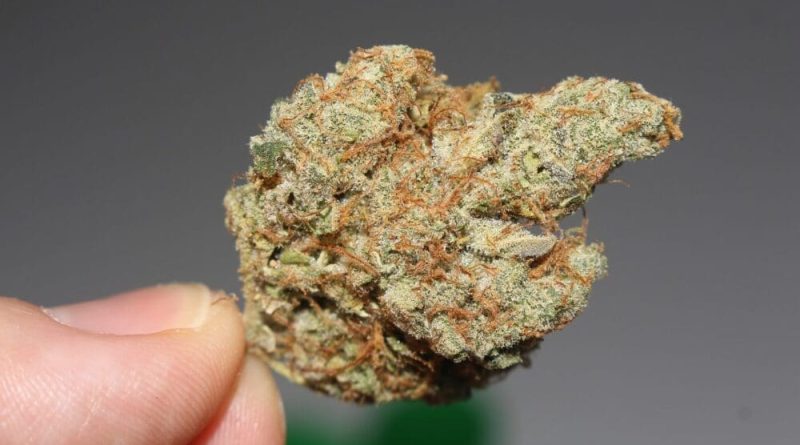DEA Promotes Claim That Marijuana Causes Depression And Suicide, Shortly After New Administrator Is Sworn In
From toxifillers.com with love
Just days after the Senate confirmed a new head of the Drug Enforcement Administration (DEA), the agency is promoting yet another message warning against marijuana use, linking it to depression and suicidal thinking.
On Friday, the DEA-run site Get Smart About Drugs shared an article published in Psychology Today that warned against cannabis use that was written by Mark Gold, a professor and chairman of psychology at Yale University who has been lauded by prohibitionists, including the organization Smart Approaches To Marijuana (SAM).
The article—titled “Cannabis Use Increases Depressive and Suicidal Thinking”—notes that numerous states have legalized medical cannabis, which “reversed criminalization, but rather than following FDA-like testing and approval, cannabis was suddenly ‘a medicine.’”
“Cannabis is largely unstudied or has failed rigorous medication trials, so its impact on mental health is mostly unknown,” Gold writes in the DEA-spotlighted article, declining to acknowledge the tens of thousands of studies that have been published on marijuana and the plant’s risks and benefits in the last decade alone.
“Multiple recent studies have presented convincing evidence supporting likely causal pathways from youth cannabis use to depression and suicidal outcomes in adolescence and adulthood,” the DEA-promoted article says. “Trauma or minority stress and self-medication heighten vulnerability, making cannabis a perceived treatment or coping mechanism in the absence of FDA-approved treatments, psychological support, or treatment.”
“Depressed patients should be assessed for cannabis use as a possible additional risk factor for suicidal behavior,” Gold concluded. “Also, cannabis users in turn should be assessed for depression and suicidal behaviors. Lastly, future cohort studies should track the onset timing of cannabis use, depressive symptoms, and suicidal behaviors.”
SAM, a leading prohibitionist group that has led the charge against a pending marijuana rescheduling proposal before DEA, called Gold “perhaps the most distinguished professor in the country on drugs and the brain and body” in a fact sheet.
While DEA has been promoting a variety of anti-cannabis campaigns and editorials, this latest feature comes at a notable time, following the Senate confirmation and swearing in of Terrance Cole to serve as the agency’s administrator. Advocates and stakeholders are monitoring closely to see how DEA navigates both the policy and messaging around cannabis with Cole’s confirmation.
Cole indicated during his confirmation process that he planned to prioritize marijuana rescheduling, without giving his specific opinion about the reform. But that was not reflected in a statement issued following his taking office on Friday, with cannabis policy going unmentioned as part of a list of immediate policy priorities.
So far during the Trump administration it seems the agency isn’t giving up on its ancillary anti-marijuana promotions. For example, last week DEA marked “World Emoji Day” by again promoting its guide to “decode” symbols that it claims are associated with illegal drug use and sales.
Also, during “National Prevention Week” in May, DEA highlighted a campaign that encourages people to share memes with dubious claims about the effects of cannabis—including the theory that it is a “gateway drug” to using other substances.
The “Just Say Know” campaign wasn’t directly organized by DEA; rather, it was coordinated by the organization Johnny’s Ambassadors, which was founded parents who say their child died by suicide after consuming high-potency marijuana concentrates. But the federal agency hosted the memes on two of its taxpayer-funded websites and sent email blasts to promote them.
In 2023, DEA also advised young people that, rather than doing drugs, they should focus on becoming Instagram influencers. The agency promoted tips on how to get a “natural high” as an alternative to drugs, sharing what it said were “7 Better Highs” such as becoming famous on Instagram, playing video games and going to a pet store to look at animals.


